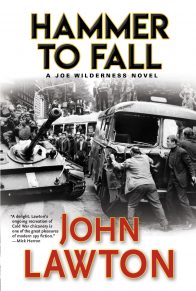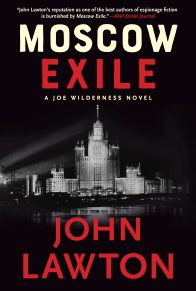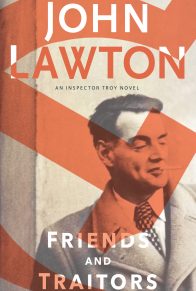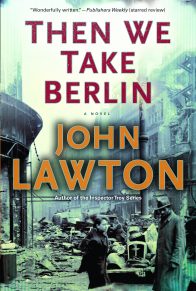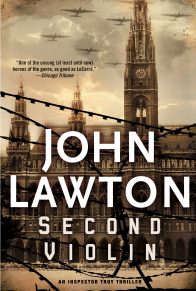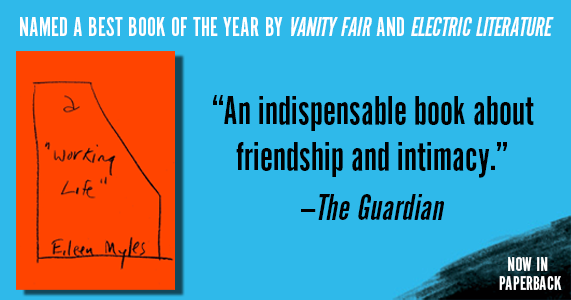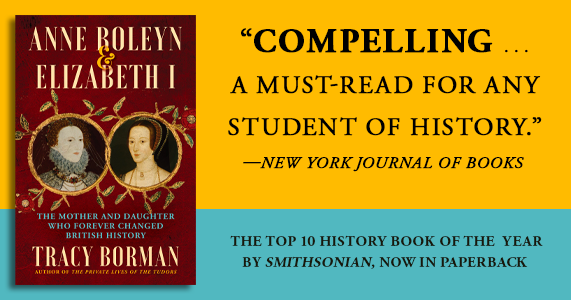“[A] superlative Cold War espionage story . . . Lawton’s gift for memorable atmosphere and characters, intelligent plotting and wry prose put him solidly at the top of anyone’s A-list of contemporary spy novelists.” —Adam Woog, Seattle Times
“A stylish spy thriller . . . as essential as the Troy books . . . Both series benefit from the excellence of Lawton’s writing . . . All these adventures arrive gift-wrapped in writing variously rich, inventive, surprising, informed, bawdy, cynical, heartbreaking and hilarious. However much you know about postwar Berlin, Lawton will take you deeper into its people, conflicts and courage . . . Spy fiction at its best.” —Patrick Anderson, Washington Post
“Outstanding . . . Real historical events—the building of the Berlin wall, J.F.K.’s visit there—lend verisimilitude to Joe’s attempt at one last big scam. Intricate plotting, colorful characters, and a brilliant prose style put Lawton in the front rank of historical thriller writers.” —Publishers Weekly (starred review)
“Lawton gets the Cold War chill just right, leading to yet another tense exchange across a Berlin bridge, but unlike, say, the film Bridge of Spies, the principals here are not freighted with moral rectitude but, rather, exude a hard-won cynicism in conflict with dangerously human emotions. The result is a gripping, richly ambiguous spy drama featuring a band of not-quite-rogue agents that will find genre fans reaching for their old Ross Thomas paperbacks to find something comparable.” —Booklist (starred review)
“Even reviewers have favorites and John Lawton is one of mine. Nobody is better at using historical facts as the framework of a really good story.” —Jessica Mann, Literary Review (UK)
“Berlin and Moscow again, joined by London in The Unfortunate Englishman, a cleverly misleading title, one of the many twists in John Lawton’s constantly entertaining Cold War saga . . . The spying detail is well mixed with humour.” —Marcel Berlin, Times (UK)
“Lawton [is] possibly one of the most under-appreciated British espionage writers . . . Nowhere as heroic as Le Carré or Deighton, Lawton confronts the absurdities and weaknesses of his highly fallible characters alongside the dangers of the Cold War. Endearing and all too human, as if Smiley was both morally flexible and at times a figure of fun!” —Maxim Jakubowski, Love Reading
“John Lawton . . . manages to weave together all the elements of a le Carré-style Cold War thriller with the tough strands of good old-fashioned criminality. Joe Wilderness is every bit as brave, clever, devious—and anti-heroic—as the most famous black marketeer of all—Harry Lime himself.” —David Prestidge, Crime Fiction Lover
“Lawton’s characters are so intriguing, they will undoubtedly send the reader looking for the first in the series, Then We Take Berlin. The Unfortunate Englishman is a spy novel in the best le Carré fashion . . . the chillingly realistic mind-games, intrigue, and political maneuvering of the Cold War era . . . Beautifully done and well written. Lawton deftly picks up the loose ends of the story and weaves them into a captivating narrative that keeps the reader hooked . . . An informative and entertaining read.” —Kelly Saderholm, Killer Nashville (Book of the Day)
“[A] stylish new espionage thriller . . . Joe is as smart, conflicted and cynical as any Raymond Chandler character . . . It’s hard to find a more fascinating time and place than Cold War Berlin, but Lawton still uses his narrative skills to transform history into gripping fiction . . . Lawton is a master at weaving the historical facts into the threads of his fictional story and bringing both to vivid life.” —Read Me Deadly
“[A] stylish, richly textured espionage novel . . . With The Unfortunate Englishman, Lawton shows himself to be the master of colorful, unpredictable characters . . . His crowning achievement is Joe Wilderness [who is] loaded with personal charm and animal magnetism . . . Lawton brilliantly weaves real historical events into the narrative . . . His novel is a gripping, intense, inventive, audacious, wryly humorous, and thoroughly original thriller.” —Irma Heldman, Open Letters Monthly
“The tone of unsentimental realpolitik means The Unfortunate Englishman earns the right to that le Carré-esque title . . . A complex and beautifully detailed tale, a full-blooded cold-war spy thriller given an added dimension courtesy of Wilderness’s quirky humor and his pragmatic take on morality and honor.” —Declan Burke, Irish Times
“For those who want a bit of substance to their thriller reading . . . This is an atmospheric and convincing novel . . . The plotting is complex . . . [and] enjoyable, and few authors are as good as Lawton in framing their novels around interesting historical facts . . . Wilderness is a very engaging hero . . . The period detail is subtle and convincing and there are also some nice touches of humor and fascinating glimpses of real historical figures . . . A treat from beginning to end.” —Jeff Popple, Sydney Morning Herald
“[Lawton’s] gritty espionage thrillers perfectly evoke Cold War politics and carry on the legacy of the early spy fiction masters . . . As we move further away from the complexities of the Cold War, we can embrace the clear-eyed, cynical spies, bumbling bosses, and exploited networks associated with John le Carré while still glorying in the honeypots and gadgets of Fleming . . . Like Le Carré and Joseph Kanon before him, Lawton brilliantly captures one of the most complex cities of the world at its most divided time. I highly recommend reading the series.” —Molly Odintz, bookseller, BookPeople





